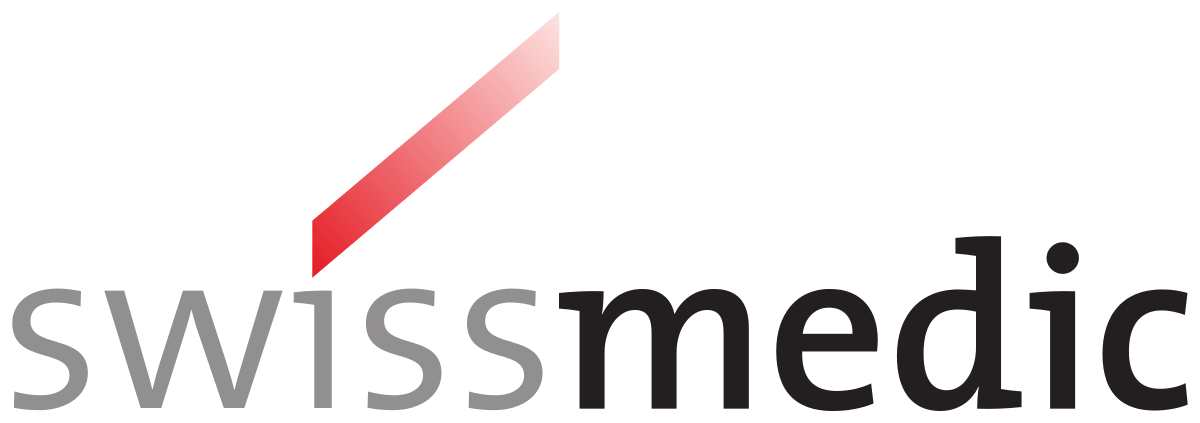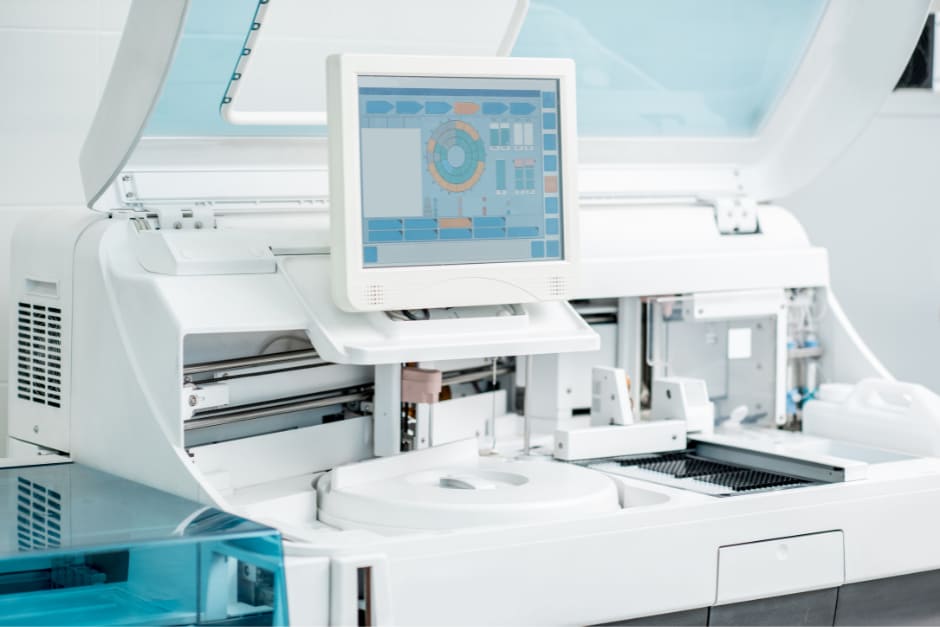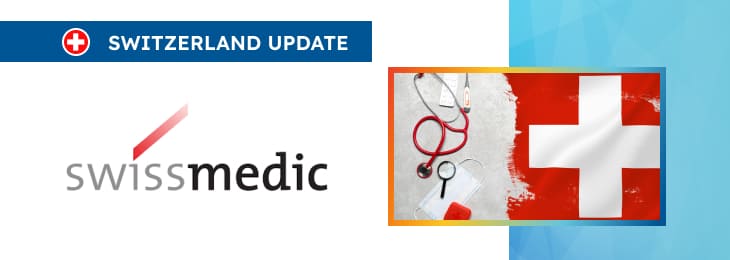The article outlines the approach to be applied with respect to legacy medical devices in the context of transitional provisions.

Table of content
Swissmedic, Switzerland’s regulating authority in the sphere of healthcare products, has published an official notice dedicated to the regulatory status of legacy products. The document provides an overview of the applicable legal framework in the context of transitional provisions, as well as additional clarifications and recommendations to be taken into consideration by the parties involved in order to ensure compliance.
Introduction
As of September 26, 2024, significant deadlines will apply to legacy medical devices and the validity of corresponding legacy certificates. However, provided that certain legal conditions are met, specific legacy products may still be placed on the market until 2027 or 2028.
Swissmedic, the Swiss Agency for Therapeutic Products, aims to draw attention to the relevant transition provisions and the associated obligations that are to be followed during market surveillance activities. At the same time, it is important to mention that in vitro diagnostic devices are excluded from this notification.
This notice is distributed to all Swissmedic-registered authorized representatives and importers and is also available on the Swissmedic website.

Scope of Application of Transition Provisions
According to the official notice, the transition provisions apply to legacy products for which the manufacturer intends to seek certification under the EU Medical Device Regulation (EU-MDR) and where the respective legal requirements are fulfilled. It is important not to assume that all legacy products, which are either imported or for which a party holds responsibility, meet these requirements.
Each product must be evaluated on an individual basis to determine its eligibility under these provisions. The transition provisions cover products for which a conformity declaration has been issued in accordance with the Medical Devices Directive 93/42/EEC or the Active Implantable Medical Devices Directive 90/385/EEC.
The conformity assessment procedures under these directives must involve a designated body as required by the Swiss Medical Devices Ordinance (MepV). Legacy devices must have an EU-MDR certification or a written agreement signed with a designated body by the stipulated deadline.
Process for Evaluation and Compliance
To comply with the due diligence obligations, it is necessary to ensure the plausibility of product conformity and the correct application of transition provisions, all of which must be documented.
The evaluation can be substantiated using the following evidence:
- Manufacturer’s Declaration: A declaration from the manufacturer stating that the conditions for the continued marketing of legacy products are met. A template for such a declaration is provided by the EU industry association (refer to the EU-MDR Manufacturer’s Declaration).
- Confirmation Letter from the Designated Body: A confirmation letter from the designated body, confirming that the manufacturer has signed a written agreement with a designated body by September 26, 2024, at the latest. This template is provided by the relevant notified bodies team.
Actions When Conditions Are Not Met
As further explained by Swissmedic, if the conditions for applying the transition provisions are not met, the concerned products may not be placed on the market. Importers and authorized representatives must act accordingly to prevent non-compliant products from being distributed.
- Importer Obligations: If an importer believes or has reason to assume that a product does not meet the necessary requirements, it should not be marketed until full conformity is established.
- Authorized Representative Obligations: Authorized representatives are required to implement measures related to the formal and safety aspects of product marketing. This may include modifying or terminating agreements with the manufacturer or halting the distribution of the products altogether.
Reporting to Swissmedic
Under the general rule, there is no requirement to submit feedback to Swissmedic regarding the evaluations performed. However, it remains the responsibility and obligation of economic operators to take all necessary steps to ensure that only compliant products are marketed in Switzerland.
Swissmedic reserves the right to carry out market controls at any time to verify compliance.
Additional Resources and Information
For further details, the Swissmedic guidance document on “Economic Operator Obligations” provides comprehensive information together with a flowchart outlining the transition provisions.
Swissmedic also aligns its interpretation of applicable regulations with European practices. Additional insights can be found in the European Commission’s Q&A section.
Conclusion
In summary, Swissmedic appreciates the efforts of the key parties involved, as well as support in ensuring a safe medical device market in Switzerland. As the regulatory landscape continues to evolve, it is crucial for all stakeholders, including importers and authorized representatives, to stay informed and vigilant about compliance requirements. This ensures not only the continued availability of legacy products but also upholds the safety and quality of medical devices on the Swiss market.
How Can RegDesk Help?
RegDesk is an AI-powered Regulatory Information Management System that provides medical device companies with regulatory intelligence for over 120 markets worldwide. It can help you prepare and publish global applications, manage standards, run change assessments, and obtain real-time alerts on regulatory changes through a centralized platform. Global expansion has never been this simple.

